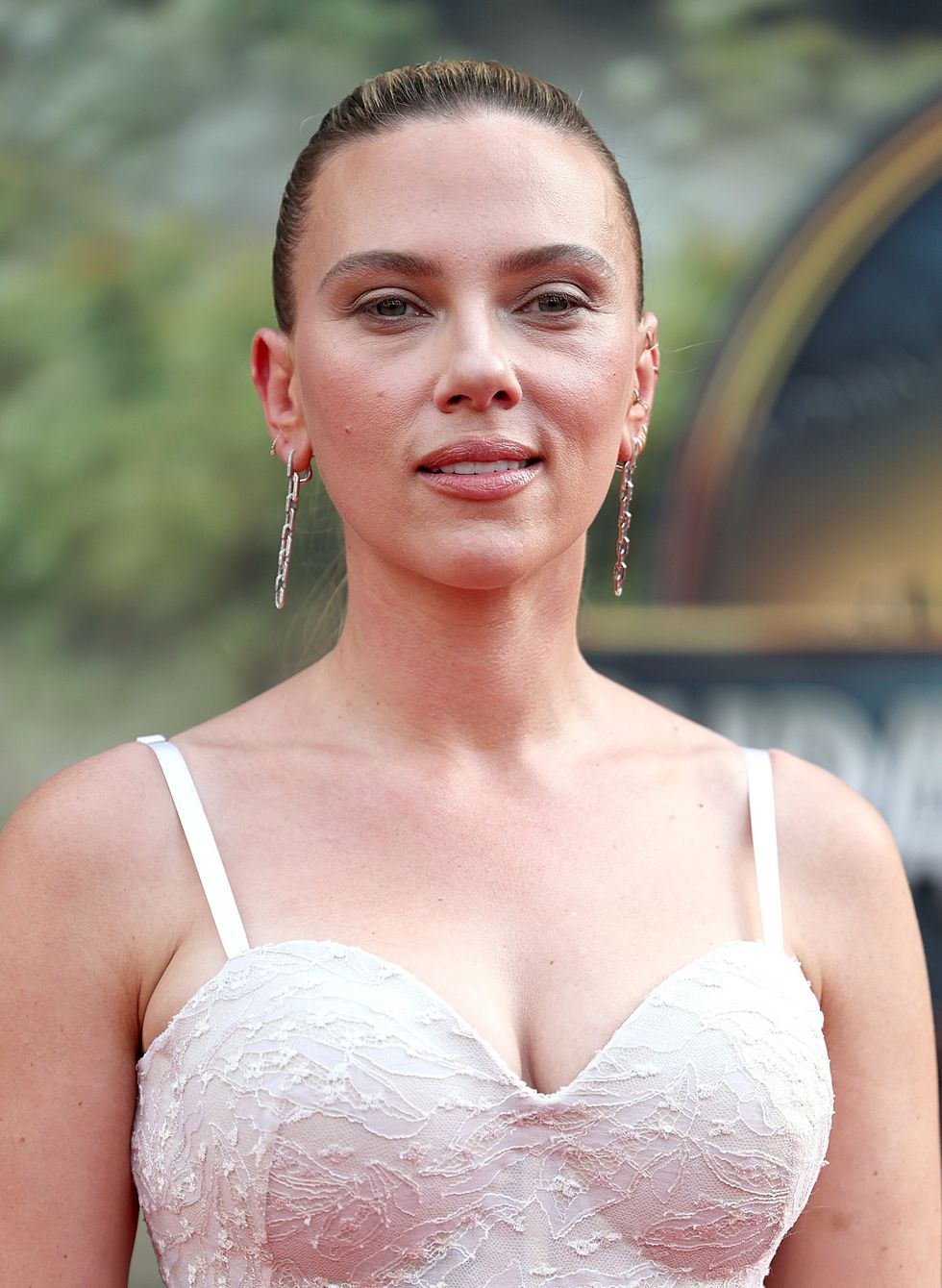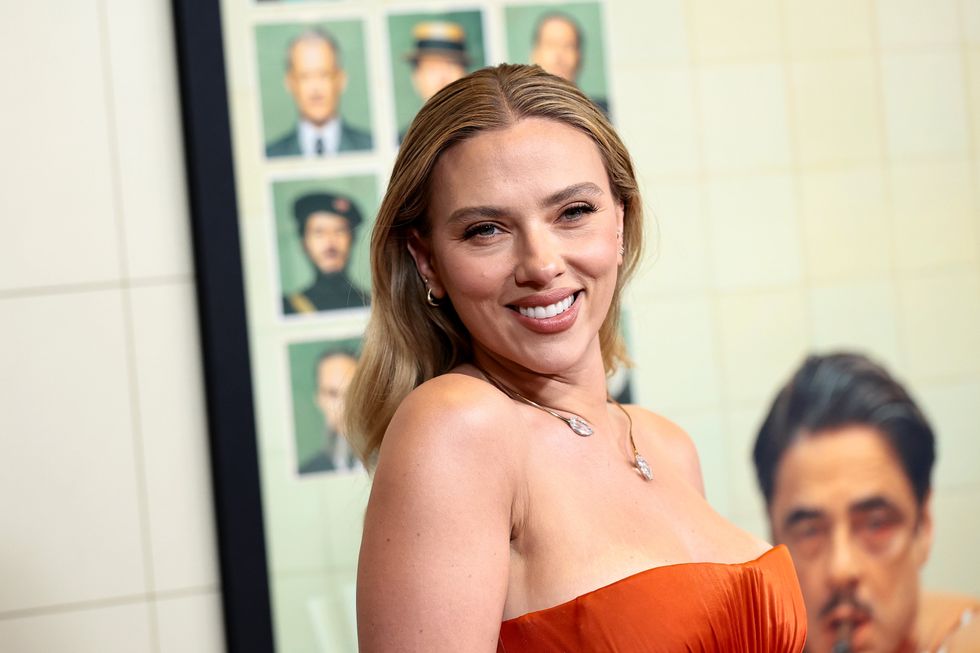Indian boxing star Mary Kom opened up on the heartache she faced returning to competition after having children as she captured her first Commonwealth Games title on Saturday at the age of 35.
Mother-of-three Kom, the subject of a Bollywood film in 2014, won a unanimous points decision over Northern Ireland's Kristina O'Hara in their light-flyweight final on Australia's Gold Coast.
It is Kom's first Commonwealth medal of any colour and burnishes a heaving trophy cabinet that already includes an Olympic bronze from London 2012 and five amateur world championship titles.
The trail-blazer, known in India as "Magnificent Mary", celebrated with a victory parade on her coach's shoulders and she had tears in her eyes afterwards.
Kom, devastated not to gain a wildcard for the 2016 Rio Olympics, gave mixed signals about whether she would now target the Tokyo 2020 Games and a first Olympic gold.
"That is difficult to say, but I will try," said Kom, who is already older than most of her opponents.
Part of the problem is that at the Olympics there is no light-flyweight category, meaning Kom would have to step up to flyweight, which would mean fighting bigger and stronger opponents.
"If I am still super-fit in another year I will try," she added of another tilt at a maiden Olympic gold.
"If I am not enough fit, maybe I will retire."
Kom, who went from a poor village life to sports stardom and celebrity, has three sons -- twin boys aged 10 and another of five.
They are not boxing fans.
"It's very hard," said Kom, reflecting on returning to the boxing ring after the birth of her youngest child.
"My husband and parents are very supportive, but if I wasn't strong that would not be possible.
"I'm still strong from here and here," said Kom, pointing to her heart and her head.
Several sportswomen have returned to competition at these Commonwealth Games following the high-profile case of tennis star Serena Williams.
Double Olympic shot put champion Valerie Adams gave birth last October and won silver on Friday, while Vanuatu beach volleyball player Miller Pata won bronze in front of her seven-month-old toddler, Tommy.
Kom, who has spoken repeatedly at the Games in Australia about the problems facing women and girls in India, said being away for long periods for competition and to train was challenging emotionally.
"Willpower, mentally strong," she said, asked how she coped with it.
"That's really required being a woman, especially leaving the family, leaving the children, they are very small."





 A compelling premise, layered and unpredictable charactersAMG
A compelling premise, layered and unpredictable charactersAMG Anyone who enjoys a gripping story with a diverse cast and unexpected twistsHarperFiction
Anyone who enjoys a gripping story with a diverse cast and unexpected twistsHarperFiction










 Scarlett Johansson opens up about breaking free from early typecastingGetty Images
Scarlett Johansson opens up about breaking free from early typecastingGetty Images  Johansson reflects on her childhood stardom and evolving careerGetty Images
Johansson reflects on her childhood stardom and evolving careerGetty Images  From Avengers to auteur Scarlett Johansson embraces creative control Getty Images
From Avengers to auteur Scarlett Johansson embraces creative control Getty Images 